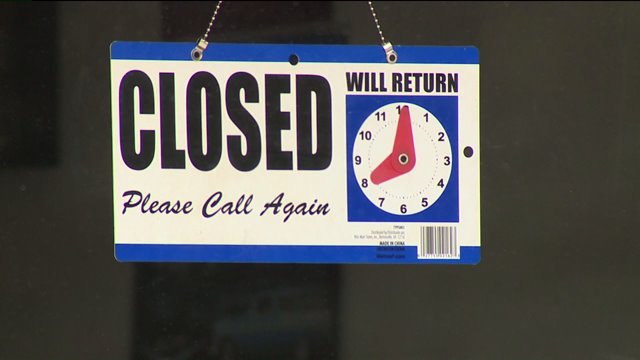Florida Governor’s Executive Order 20-91: Florida is Closed, Violators are Subject to Custodial Arrest
Florida Governor’s Executive Order 20-91: Florida is Closed, Violators are Subject to Custodial Arrest
The rapid spread of novel coronavirus (COVID 19) throughout Florida has created unprecedented challenges for state and local governments, local businesses, residents, and visitors. Within one month, Florida has transitioned from a declaration of public health emergency, to a declaration of a state of emergency, and now to a near total shut down. Florida’s law enforcement agencies and officers have risen to the challenge, often working without adequate personal protective equipment and in the face of rapidly evolving, unpredictable, and unprecedented restrictions on members of the community. One of the challenges faced by Florida law enforcement includes the enforcement of Executive Order 20-91 (“Executive Order”).
Effective April 1, 2020, Florida residents and visitors became subject to substantial restrictions on their liberty in an effort to combat the global pandemic. The Executive Order provides, among other things, that senior citizens an individuals with a significant underlying medical condition “shall stay at home and take all measures to limit the risk of exposure to COVID 19.” All other people in Florida “shall limit their movements and personal interactions outside of their home to only those necessary to obtain or provide essential services or conduct essential activities.” The Executive Order defines “essential services” and “essential activities” to aid in its enforcement. However, it is unclear whether senior citizens and those suffering from underlying medical conditions may also obtain or provide essential services or conduct essential activities. This ambiguity will likely be resolved in a future executive order. Set aside for a moment that ambiguity, many law enforcement executives, managers, and officers are left wondering what authority they have to enforce the Executive Order? Simply stated, a violation of the Executive Order constitutes a second degree misdemeanor punishable by incarceration and fine. As with any other misdemeanor crime, offenders may be issued a notice to appear to later face the criminal consequences or they may be subjected to custodial arrest and taken to jail.
The State Emergency Management Act (“Act”) provides the framework within which Florida’s government operates in times of crisis. Long before COVID 19, the Florida Legislature recognized the State was vulnerable to a wide range of emergencies that may threaten the life, health and safety of its people, disrupt services and every day business and recreational activities, and impede economic growth and development. The purpose of the Act is to, among other things, reduce the vulnerability of the people of this state, to provide for the rapid and orderly provision of relief to people, the restoration of services and to provide for the coordination of activities related to emergency preparedness, response, recovery, and mitigation among and between agencies and officials of the state. The Governor is responsible for meeting the dangers presented to this state and its people by emergencies. In the event of an emergency beyond local control, the Governor shall have the power through proper process of law to carry out the provisions of the Act. Pursuant to this power, the Governor may issue executive orders, proclamations, and rules which have the force and effect of law.
A state of emergency shall be declared by executive order or proclamation of the Governor if he finds an emergency has occurred or that an emergency is imminent. The Governor may take measures concerning the conduct of civilians and the movement and cessation of movement of pedestrians and vehicular traffic during an emergency, as provided in the emergency management plan. Furthermore, the Governor “shall take such action and give such direction to state and local law enforcement officers and agencies as may be reasonable and necessary for securing compliance” with the Act’s provisions. Any person violating an executive order by the Governor issued pursuant to the Act commits a misdemeanor of the second degree. Florida law enforcement officers have the authority to make a warrantless arrest on anyone who commits a violation of the Executive Order in their presence, or upon fresh pursuit.
Although officers have the authority to arrest those that violate the Executive Order, caution is strongly urged to avoid creating additional risk of exposure by subjecting violators to custodial arrest. Consideration should be given to issuing warnings or notices to appear, where appropriate, in an effort to further the intent of the Governor’s Order. As with any enforcement strategy, law enforcement executives and managers should consult with their legal counsel and State Attorney in furtherance of their enforcement plans and develop internal policies and training to ensure the consistent application of the law and furtherance of the goal to reduce the spread of COVID 19.
As always, our team at RumbergerKirk is here to assist you as we all work through this crisis together.
[1] §252.31, et seq Florida Statutes
2§252.311(1), Florida Statutes
3§252.311(2), Florida Statutes
4§252.36(1)(a), Florida Statutes
5§252.36(1)(b), Florida Statutes
6§252.36(5)(k), Florida Statutes
7§252.36(6), Florida Statutes
8§252.50, Florida Statutes
9 §901.15(1), Florida Statutes







